Last-Minute NYC Holiday Gift Guide 🎁
We’ve created a holiday gift guide with presents for the intrepid New Yorker that should arrive just in time—


New York City is home to numerous world-famous museums but if you need a break from classics like the Metropolitan Museum of Art or the MOMA, do check out some of the City’s smaller, off the beaten path museums. In the previous installment of this series, we rounded up unique house museums in the Bronx, Manhattan and Queens. Today, we look at some gems on Staten Island.
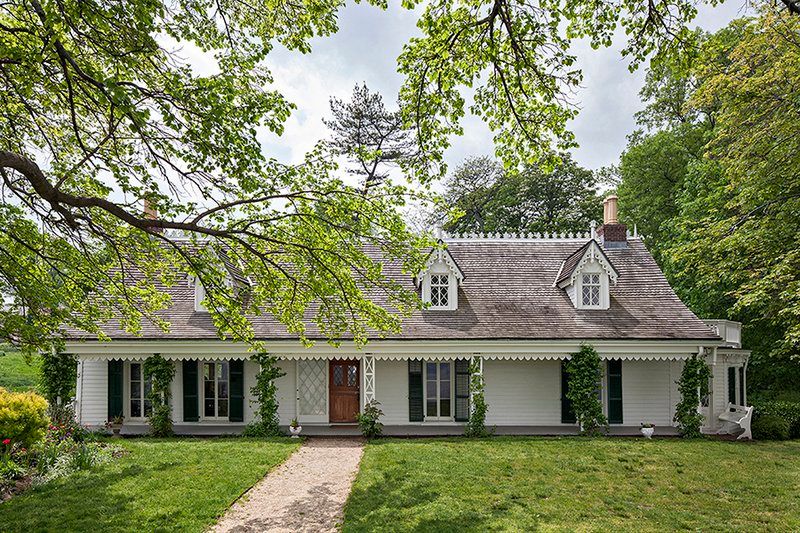
Photo courtesy Alice Austen House by Floto + Warner, Clear Comfort, 2015, © Floto + Warner
The Alice Austen House is a Dutch farmhouse constructed in the 1690s. In 1844, Alice’s grandfather, John Haggerty Austen, purchased the estate and renamed it Clear Comfort. He restored and renovated the house and landscaped its grounds. Alice grew up at Clear Comfort and it was there that she discovered her passion and talent for photography. In 1975, the City purchased the house and grounds. They were once again restored and opened to the public as a museum. Today, Clear Comfort is a member of the Historic House Trust of New York.
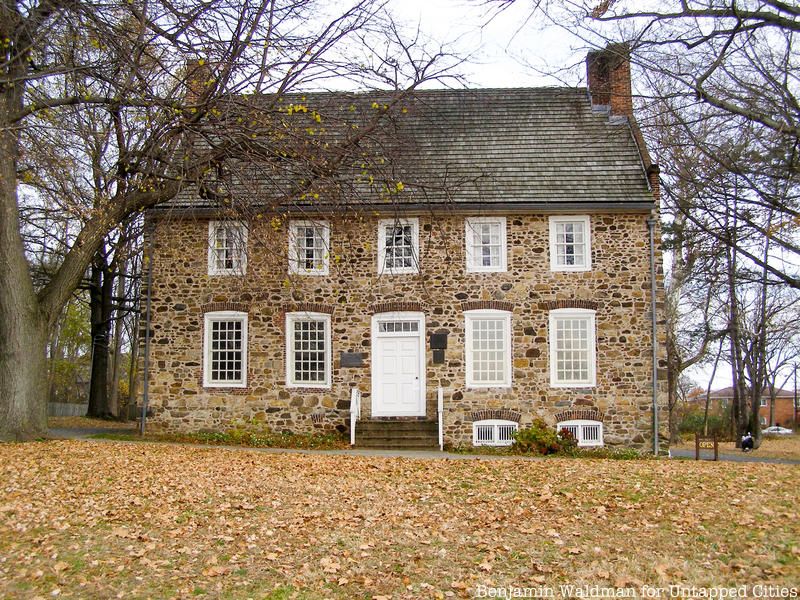
Conference House was constructed by Chritopher Billopp circa 1680 as the epicenter of his 1,600 acre Manor of Bentley. The moniker Conference House is derived from the peace conference held there on September 11, 1776. The meeting, which was attended by John Adams, Edward Rutledge, and Benjamin Franklin, and Admiral Lord Richard Howe, who were unable to agree on a way to end the War. In 1937, the house was opened to the public and became the first house museum on Staten Island. Conference House is a member of the Historic House Trust of New York.
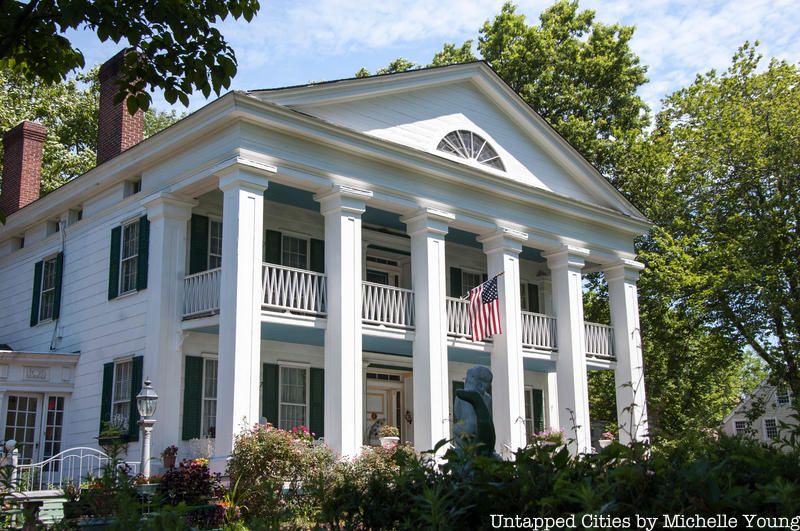
In 1838, Joseph Seguine constructed the Greek Revival mansion on land originally purchased by his grandfather in the 1780s. The family remained in the house through the Civil War but were forced to sell it when they ran into financial troubles. The Seguines repurchased the house in 1916 and remained there until 1981. In 1989, the mansion was sold to New York City and is now a member of the Historic House Trust of New York.
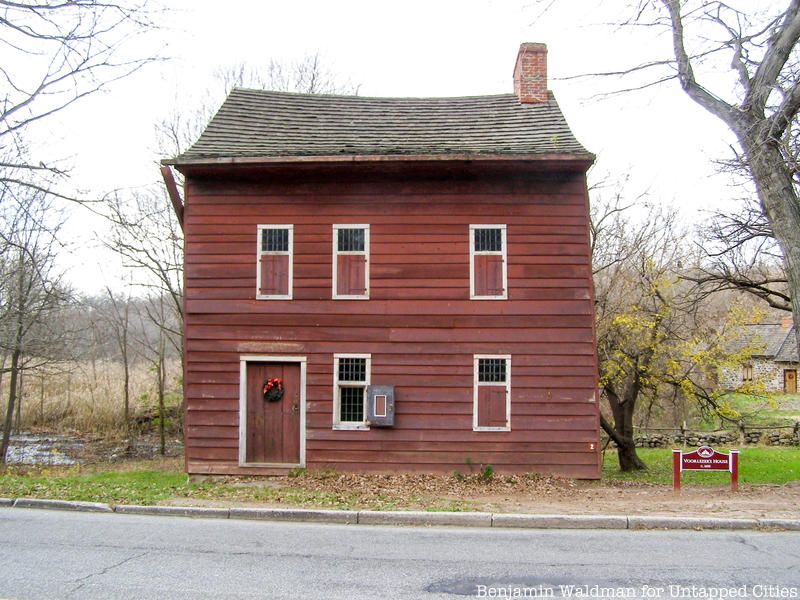
Historic Richmond Town has its roots in the 1930s when Staten Islanders sought to preserve their history. By the 1950s, the living museum began to take its current form and buildings were moved there to ensure their preservation. Richmond Town’s history dates back to the 1600s and it served as the county seat until 1898. Unlike Colonial Williamsburg, whose buildings are recreations, the buildings in Richmond Town are all original and are among the oldest buildings in New York State. The site’s 28 buildings include the Voorlezer’s House, which is the oldest elementary school building in the United States, and museums illustrating the Island’s history. Costumed interpreters and craftsmen make the site a must see. Historic Richmond Town is part of the Historic House Trust of New York.
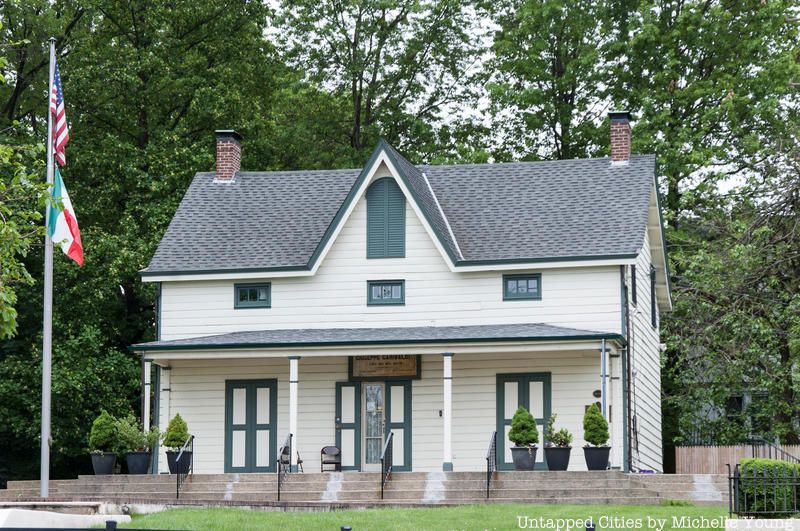
The Garibaldi-Meucci Museum is located in an 1840 Gothic revival style house. Antonio Santi Giuseppe Meucci was a 19th-century Italian-American inventor. He is credited with having invented the telephone (16 years before Alexander Graham Bell). Between 1850 and 1854, Giuseppe Garibaldi, one of the founders of Itay, lived with Meucci and his wife in the house. In 1956, the house, a National Landmark, opened to the public. It is owned and operated by the Order Sons of Italy in America.
Read on for our roundups of unique house museums in the Bronx, Queens and Manhattan.
Subscribe to our newsletter